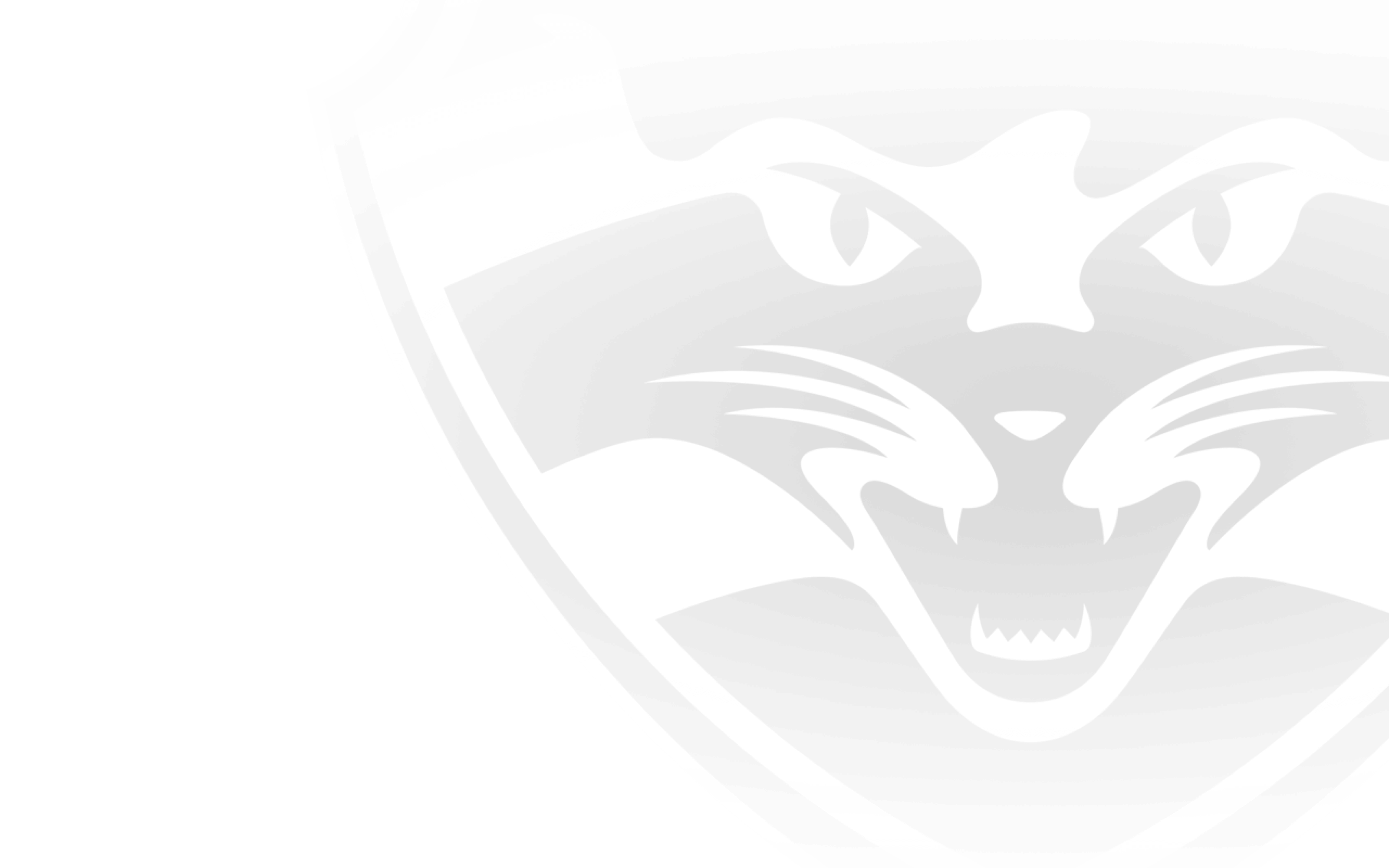When you’re a young football fan, winning isn’t everything.
Yes you get upset when your team loses, but the affiliation with the team and the hurt that builds up from a loss is more acute in those of more senior years.
As a young fella, I experienced my share of heartbreaking Cats defeats.
From the age of six to 11, I experienced four losing Grand Finals live.
There were the 1992, 1994 and 1995 premiership season Grand Finals, and the 1997 Ansett Australia Cup Grand Final. I don’t remember the pain being that strong. I was young and had the ability to get over a loss pretty soon after it happened.
But then there were the adults I remember at those game. They were in tears, gripped by anger and hopelessness. Why did this game mean so much to them?
As I got older and matured, I quickly realised that when you leave the naivety of childhood behind you grasp things like your football team’s performance as a reflection of your own life.
I grew up in Geelong and perhaps the most spoken phrase was that the fortunes of the Cats directly affected the mood of the town.
In a period of time where Geelong was hurt so hard by the Pyramid Building Society collapse, manufacturing losses and other pressures of a changing world, the thing that brought a smile to the face of Geelong resident was the blue and white hoops having a win.
Somehow in 2007, at the age of 20, I ended up behind the curtain. I was fortunate enough to start a job at the Cats, stepping into a club with names such as Ablett, Bartel, Thompson, Scarlett, Costa and others I’d only seen on TV or read about in the papers was daunting.
Throughout the season, I learned a new sense of belonging. No longer was I only a supporter, I was also a cog in the machine.
At the start of 2007, there was no sense that the Cats would put together one of the most dominant seasons of all time. I was still a Geelong supporter who thought our lot in life was to get close but never reaching the promised land of the premiership dais.
As the season went on and the excitement built, there was still a sense on the supporter side of me that it would somehow happen again. If anything the hurt would be even worse.
However, there was another, new side of me that was amongst it and could see the inner workings of the club: the amazing professionalism and determination of a group that wouldn’t surrender to the same fate of recent Cats sides.
The hardest game for me was the 2007 preliminary final. And it wasn’t just because I rode a lift pre-game with Collingwood fan Mick Gatto and his friends, adorned in my Cats uniform.
I had never experienced nausea from a game like I did in that final quarter. The game was tough and compromising with only moments of brilliance deemed worthy of altering the score line.
When the siren finally sounded, sending the Cats into their first AFL Grand Final since 1995, it was relief not excitement that took over. That supporter inside of me thanked the footy gods that they smiled on us.
And then I was sharply snapped out of that mindset when the team quickly moved its focus to the Grand Final. There was no time for sentiment or pats on the back.
The lead-up to the game and the game itself were a blur. While the media and supporters continually brought up the ghosts of Grand Finals past, the new Cats maintained their focus on the task at hand.
It wasn’t until the third quarter that supporter me bubbled up inside. Yes, we were a dozen goals up but surely something would happen to cruelly take away the pending moment.
But it didn’t eventuate. A famous victory ensued. For the first time in a long time the Cats and the town of Geelong stuck their stake in solid ground and exclaimed, “We are the champions!”
For once, the fortunes of the football team shone brightly on the town of Geelong. And a new phrase was uttered, sombre yet beautiful: “I can die happy now.”


